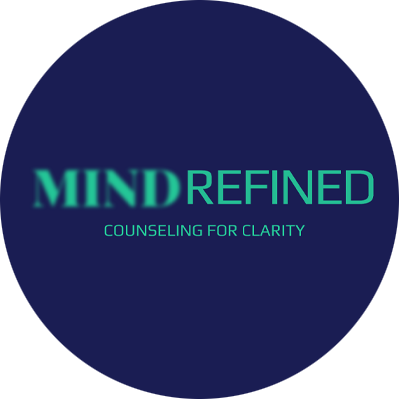Impacts of Traumatic Events
One who experiences lasting effects of trauma may experience one or more of the 4 types of symptoms:
Avoidance Symptoms
- Avoiding specific locations, sights, situations, and sounds that serve as reminders of the traumatic event
- Anxiety, depression, numbness, or guilt
Re-experiencing Symptoms
- Intrusive thoughts, nightmares, or flashbacks of the event
Hyperarousal Symptoms
- Anger, irritability, and hypervigilance
- Aggressive, reckless behavior, including self-harm
- Sleep disturbances
Negative Mood and Cognition Symptoms
- Loss of interest in activities that were once considered enjoyable
- Difficulty remembering details of the distressing event
- Change in habits or behavior since the trauma
Research has proven psychotherapy to be the most effective form of treatment for trauma. Most commonly, Cognitive Behavioral Therapy (CBT) and Eye Movement Desensitization and Reprocessing (EMDR) are used in treating trauma. Newer research is showing the strength of mindfulness and meditation on influencing changes to the brain and providing relief from anxiety symptoms.


